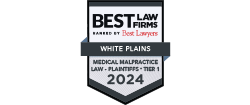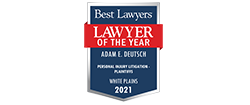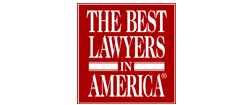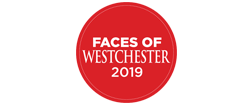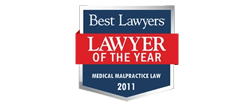Nursing home abuse is a distressing reality that requires immediate intervention to protect vulnerable residents. New York has established procedures for reporting such abuse, ensuring that appropriate authorities can investigate and address the issue promptly. If you suspect or witness nursing home abuse, here’s a step-by-step guide on how to report it. You can also enlist the help of a White Plains nursing home abuse lawyer.
Contact Law Enforcement
In cases where there is immediate danger or if a crime has been committed, contact local law enforcement by dialing 911. Law enforcement agencies can respond promptly to emergency situations and conduct investigations into criminal offenses.
Report to the New York State Department of Health (NYSDOH)
The NYSDOH is responsible for overseeing healthcare facilities in New York, including nursing homes. To report nursing home abuse to the NYSDOH, you can:
- Call the Nursing Home Complaint Hotline at 1-888-201-4563
- Fill out the Nursing Home Complaint Form then:
- Email to: nhintake@health.ny.gov
- Fax to: 518-408-1157
- Mail to: NYSDOH DRS/SNHCP
MAILSTOP: CA/LTC
EMPIRE STATE PLAZA
ALBANY, NEW YORK 12237
When filing a complaint, provide detailed information about the alleged abuse, including the names of the individuals involved, the nature of the abuse, and any supporting evidence.
Contact Adult Protective Services (APS)
APS is designed to safeguard vulnerable adults from abuse, neglect, or exploitation. To report nursing home abuse to APS, you can call 1-844-697-3505 or contact your local, county social services department’s Adult Protective Service bureau. APS will conduct an investigation and take appropriate action to protect the resident.
Notify Long-Term Care Ombudsman Program
The Long-Term Care Ombudsman Program advocates for residents in long-term care facilities. To report nursing home abuse, you can:
- Call 1-855-582-6769.
- Locate the regional ombudsman office for your area.
An ombudsman can investigate complaints, provide support to residents, and work to resolve issues within the nursing home.
Seek Legal Assistance
If you believe legal action is necessary, consult a trusted White Plains nursing home abuse as soon as possible. They can guide you through the process of building your case and filing a lawsuit against the facility and responsible parties.
Recognizing Signs of Abuse
Recognizing the signs of nursing home abuse is crucial for ensuring the safety and well-being of elderly residents. While these signs may vary depending on the type of abuse, here are common indicators:
- Unexplained Injuries:
- Bruises, welts, or fractures without a reasonable explanation.
- Injuries that appear in multiple stages of healing can suggest ongoing abuse.
- Emotional or Behavioral Changes:
- Sudden and unexplained changes in mood or behavior.
- Withdrawal from social activities or a sudden fear of certain staff members.
- Neglect-Related Signs:
- Poor personal hygiene, including unwashed clothes, dirty hair, or unattended dental issues.
- Untreated medical conditions or frequent health issues due to neglect.
- Changes in Financial Situation:
- Unexplained withdrawals or expenditures from the resident’s bank account.
- Missing personal items or valuables.
- Unsanitary Living Conditions:
- Dirty or unkempt living spaces.
- Lack of proper nutrition or hydration.
- Signs of Physical Restraint:
- Evidence of physical restraints, such as marks on wrists or ankles.
- Resident is unusually agitated or upset.
- Medication Irregularities:
- Overmedication or under-medication of the resident.
- Administration of medication without proper documentation or explanation.
- Fear or Apprehension:
- The resident displays fear or hesitation when interacting with certain staff members.
- Expressing concerns about their safety or well-being.
- Bedsores or Pressure Ulcers:
- Development of bedsores, pressure ulcers, or infections due to inadequate care.
- Lack of attention to hygiene and turning schedules.
- Social Isolation:
- Preventing or limiting the resident’s contact with family and friends.
- Isolation from other residents or intentional exclusion from group activities.
- Unexplained Weight Loss:
- Rapid or unexplained weight loss indicating malnutrition or dehydration.
- Lack of assistance with feeding or inadequate meal provision.
- Inconsistent Explanations:
- Staff providing inconsistent or evasive explanations for the resident’s condition or injuries.
- Unresponsiveness or defensiveness when questioned about the resident’s well-being.
Keep a detailed record of the abuse, including dates, times, descriptions of incidents, and any communication with the nursing home or relevant authorities. Documentation can serve as critical evidence in investigations and legal proceedings.
 Because Relationships Matter
Because Relationships Matter 